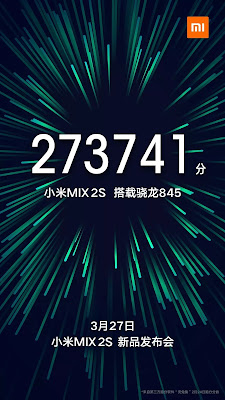On February 27, at Mobile World Congress, DJ Koh, president of Samsung's mobile division, confirmed that long-rumored Bixby smart speakers will hit the market sometime in the second half of 2018, which makes Bixby fans excited.
Samsung confirmed that they started to develop smart speakers last August. Last year's rumor said Samsung is developing smart speakers powered by Bixby. Then there was news that this was a false news. By the end of last year, the rumor took another breath. December 2017, rumors said that this product will be available sometime in the first half of 2018, priced at about 200 US dollars. Now, speculation has been confirmed, but the rumors in the release date moved to the second half of this year.
According to CNET, DJ Koh, Samsung's mobile chief executive, has confirmed that the company is developing Bixby smart speakers, which may be available by the second half of 2018. The news was confirmed by the Wall Street Journal, but when the media asked about the specific launch date, DJ Koh simply replied: "Give us a bit more time."
We have seen Samsung introduced smart appliances, such as television, refrigerators, mini bass speaker, and then the launch of smart speakers should be no doubt. But now smart speaker market is getting crowded, Apple also got into it, if late, I am afraid that the chance of success is small. The current smart speaker market has been controlled by Amazon, Google, Apple HomePod only accounted for 3% of the market. How Samsung make their own speakers and other products to distinguish? This is a problem, we can only wait and see. At the moment, it's unclear how the smart speakers look and function, but some suspect Samsung will design the device as the central hub for the SmartThings smart home system, more than just conventional smart speakerphone features such as music, reminders, timers and transaction reminders.
DJ Koh said to the media that the upcoming smart speaker "will focus on more advanced features." This may mean that Samsung intends to enter the smart speaker high-end market, in addition to the face of entry-level Google Home Mini and Amazon Echo Dot and other devices, but also compete with Apple's recently launched HomePod products.




